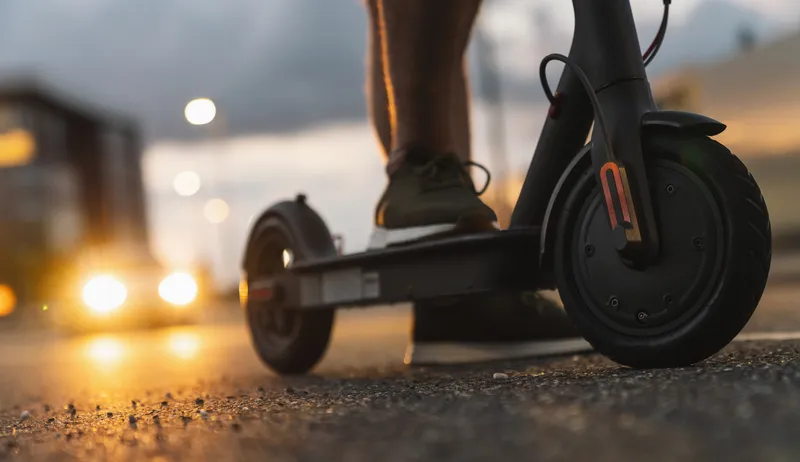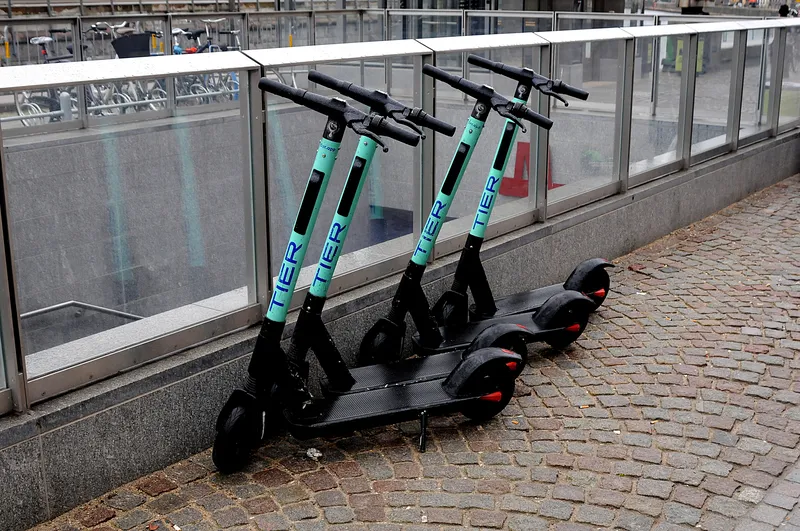
New research finds every rental e-scooter contributes £11,500 to local economies in the UK each year.
The figures come from e-scooter operator Neuron Mobility, which says that during their rental trips riders cumulatively spend £14.9 million a year across the three locations where Neuron operates in the UK, including Newcastle, Slough and Sunderland.
Newcastle’s economy alone sees an injection of £8.9 million a year, Neuron says in its report Shared Rides, Shared Wealth.
Its research - carried out from rider surveys in July this year, suggests that half of riders spent more than £10 on their most recent trip, with an average of £17.30 per trip.
The money is spent at shops, restaurants and cafes, and for recreation such as gyms.
Neuron even suggests that 10% of trips wouldn’t have happened at all if the e-scooters weren’t available - thus local businesses would have missed out on sales.
E-scooter journeys are mainly used for leisure and recreation (62%), as well as commuting to work or school (38%), running errands such as shopping (29%) and getting to appointments (19%).
Cormac Quinn, UK regional manager at Neuron Mobility said: “Neuron’s e-scooters have helped make cities more liveable too, providing much needed first- and last-mile transport options, enhancing local public transport networks and helping to keep cities running 24/7 by providing essential transport to those working night shifts."
“As we continue to expand and develop new partnerships, we’re delighted that the vast majority of our riders – plus an increasing number of local businesses and venues – are recognising and benefiting from the positive impacts micromobility has on the economy.”









